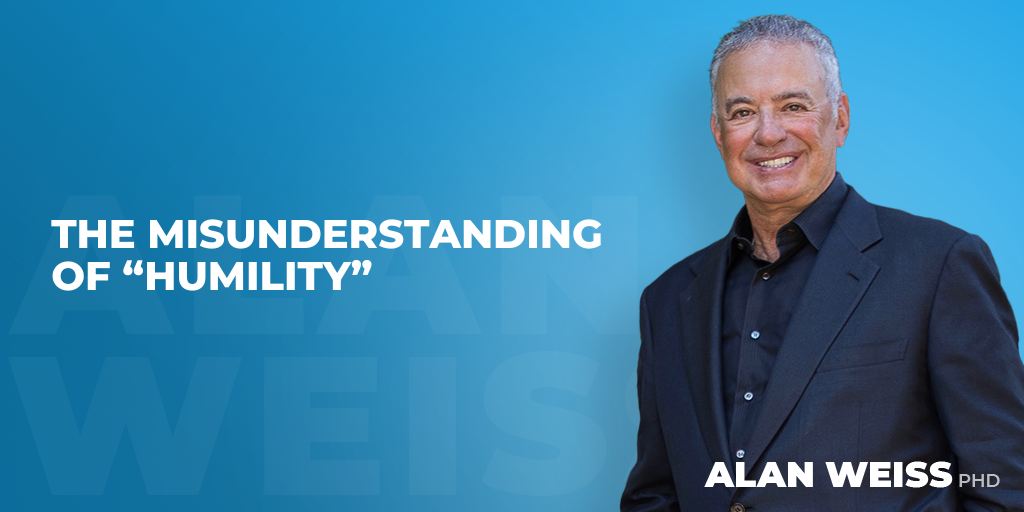The Value of Simplicity
Consulting is about simplicity, not complexity. Whenever a client says to me, “But that’s just common sense!” I feel exhilarated.
Most clients, in essence, say, “It hurts when I do this.” I tell them, “Stop doing that. That will be $35,000.” Or: “I’m uncomfortable when I go there.” Then: “Stop going there. That’s $50,000.” And, often: “I’m convinced he can’t do the work, but he’s a great guy, and it’s on my watch. Will you help him?” Response: “No, I’m here to help you, remember? Fire him. It’s for his own good as well as yours. Oh, and that will be $125,000.”
Sometimes that conversation takes a month, but often it takes only a day.
Please don’t tell me you’ve got the most unique sales improvement system in the world. I assure you, you don’t. Do not claim that feedback indicates you’re the finest presenter in existence on your topic, possessing Gnostic wisdom. No fears, you’re not and you don’t. Never purport to have the “key” to team building, or leadership development, or strategic thinking, or dog walking. Trust me, you don’t even have the key ring.
Not that any of that matters. What matters is improving the client’s condition, and that is usually frightfully easy, despite the tropism of consultants to follow the convoluted.
While speaking to an executive vice president of a major insurance company in New York about helping the company with a post-merger culture change, he asked what messages they should include in their communications strategy. I told him, “Nothing.”
He almost fell off his chair, and his subordinates began to move away from me. “What do you mean by that?” he asked, incredulous.
“Well, do you know which offices you’ll close?”
“No, we have a task force working on that, it’s complicated.”
“Do you know which benefits package you’ll implement?”
“No, our benefits experts are evaluating costs.”
“Have you decided which officers will head which new divisions?”
“No, that’s very political and a board-level discussion.”
“So, you have nothing to tell anyone, do you? Just listen. Ask them to tell you what’s on their minds, what their suggestions are, and what they need. Respond to what you can, and simply acknowledge the rest and thank everyone. That’s your strategy.”
“Listen and not speak. That’s counterintuitive! It’s great!”
“I’m glad you like it. That will be $250,000.”
And it was.
© Alan Weiss 2007. All rights reserved.



